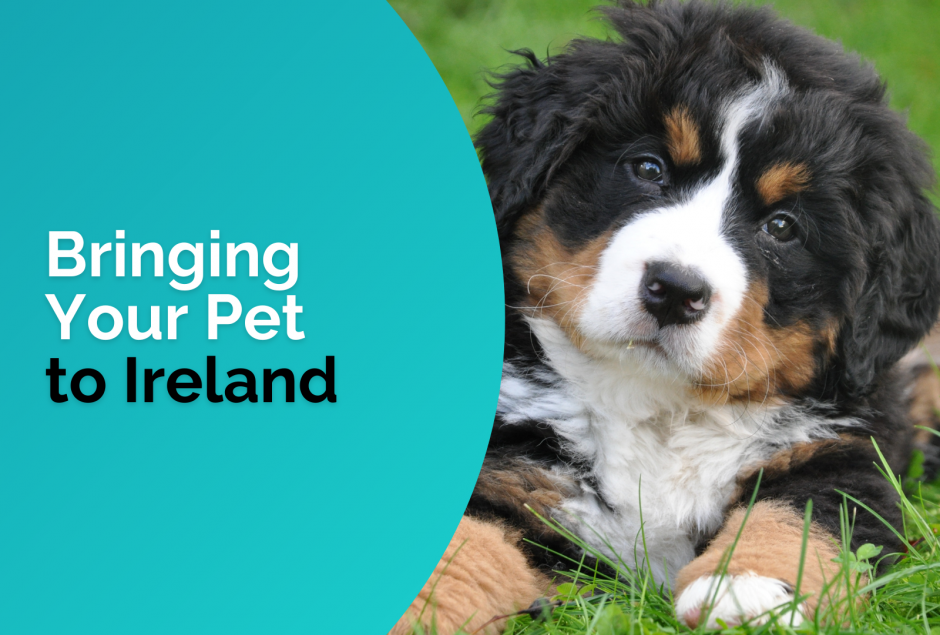 Menu
Menu
 Menu
Menu
When the decision to work abroad is made, numerous questions arise. One of the most crucial considerations is how to bring your beloved pet along with you. Understanding the rules and regulations is essential for a smooth transition. This article provides valuable information on importing pets into Ireland, ensuring compliance with the necessary procedures. While the following text serves as a helpful guide, it is vital to contact the appropriate authorities for the most up-to-date and accurate information.
The importation of pets into Ireland is strictly regulated to prevent the introduction of diseases like rabies. The EU pet passport system facilitates the travel of cats, dogs, and ferrets between EU member states.
If you are coming to Ireland from another EU country you should follow the steps below to bring your cat, dog (including guide dogs) or ferret with you to Ireland. These rules also apply to pets travelling from:

(in line with the technical requirements of Annex II of the EU Regulation on the movement of pets) or has a clearly readable tattoo if applied before 3 July 2011.
Before vaccinating your cat, dog, or ferret against rabies, it must be microchipped. The microchip must be readable by a device compatible with ISO standard 11785. If you or your vet is unsure about the specifications of the microchip, you should contact the microchip manufacturer. Alternatively, you can carry your own microchip reader with you which can be used on your pet.
Your pet must be vaccinated against rabies. The vaccination must be administered after the microchip is inserted. Your pet must be at least 12 weeks old at the time of vaccination. After the primary vaccination, you must wait until the appropriate immunity has developed before you can bring the dog, cat or ferret to Ireland. The waiting period is specified on the vaccination's datasheet and must be at least 21 days after the primary vaccination.
Ensure that subsequent vaccinations are administered before the expiry of the previous one.
A pet passport is essential for travel. It contains a description and details of your pet, including its microchip or tattoo code, along with its rabies vaccination record and the contact details of the owner and the issuing vet. You can get a European pet passport for your dog, cat or ferret from any authorised vet (permitted by the relevant authorities to issue pet passports). A pet passport is valid for life as long as your pets rabies vaccination is in date.
If you are bringing a dog into Ireland, it must be treated for tapeworm (Echinococcus multilocularis) each time you travel to Ireland, unless you are travelling from Northern Ireland, Finland, Malta or Norway. The treatment must be given by a vet between 1 and 5 days before you arrive in Ireland, and recorded in the pet passport.

Once your pet has arrived in Ireland, you'll want to make sure they have everything they need to stay healthy and happy. Luckily, buying pet food is easy in Ireland. You can find a wide range of pet food options both online and in retail stores. Dedicated pet stores are also available for pet owners who want a more specialised selection.
In terms of pet care, you will have access to veterinary clinics across the country. Many vets will do outcalls in the case that you cannot bring your pet to the clinic. A simple consultation for your pet will typically cost about €50.
If you are interested in relocating as a pharmacist, nurse or GP in Ireland, please contact me directly, I will be happy to discuss the amazing opportunities available here in Ireland.
